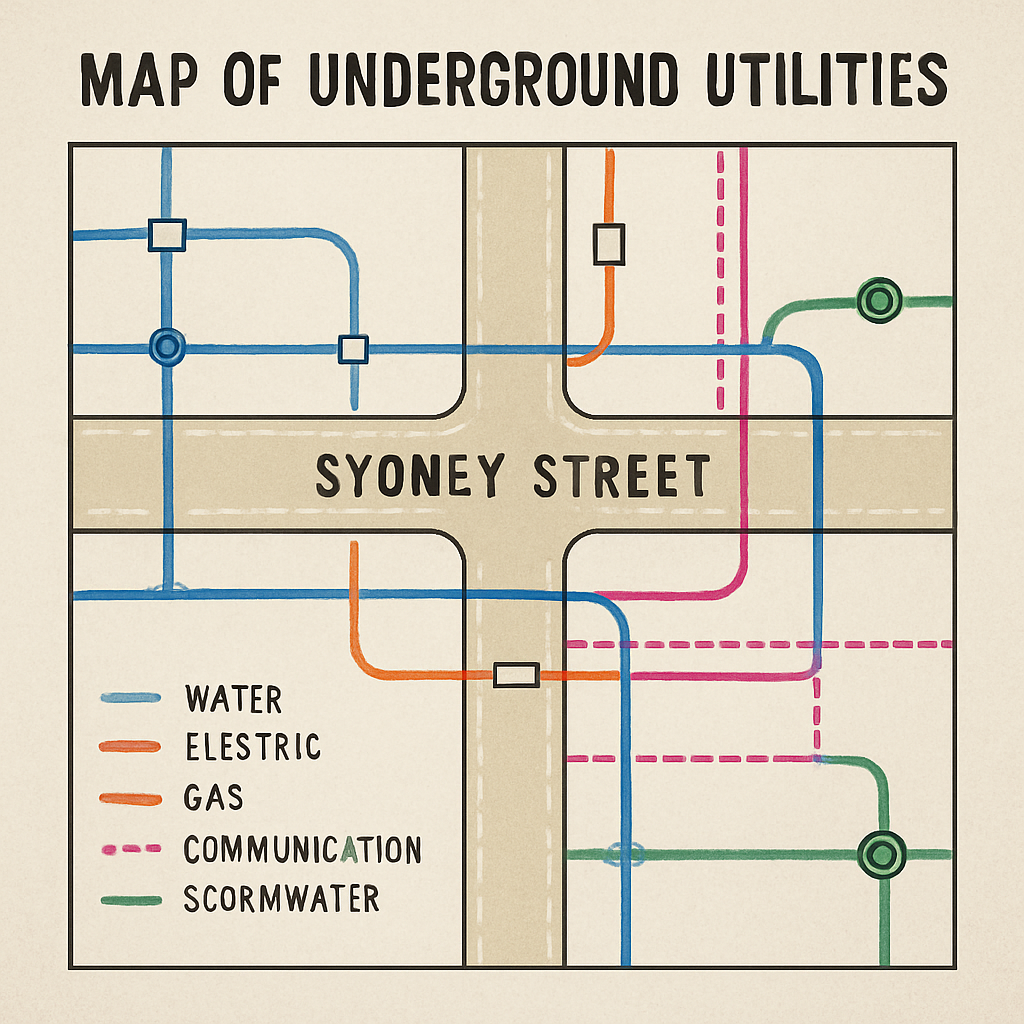Conflict is an inevitable part of human relationships, including those at the workplace. Conflicts, whether minor or significant, can harm how well a team works together and how happy they are. It can also affect how well a company is doing overall.
Conflict management coaching is important for helping you manage and solve conflicts. Let’s delve into the benefits of conflict management coaching and why it’s essential for any team or organization.
Understanding Conflict Management Coaching
Before we explore the benefits, it’s essential to understand what conflict management coaching is. Conflict management coaching is a specialised form of coaching that helps individuals and teams understand, address, and resolve conflicts.
It includes teaching problem-solving, creating a safe environment to resolve issues, and making plans to handle disagreements positively.
What Does a Conflict Management Coach Do?
A conflict management coach helps people figure out why they’re having conflicts. They also teach them how to deal with these conflicts better in the future. They help clients learn more about themselves and communicate better by using different coaching methods and resolving conflicts.
Key Benefits of Conflict Management Coaching

Conflict management coaching offers numerous benefits, both for individuals and organizations as a whole. Here are the most impactful ones.
Improved Conflict Resolution Skills
One of the primary benefits of conflict management coaching is the development of conflict resolution skills. Coaches provide tools and techniques that help individuals approach conflicts with a clearer mindset and a more structured methodology. These skills can include active listening, effective communication, problem-solving, and negotiation techniques.
1. Enhanced Emotional Intelligence
Emotional intelligence is critical when navigating conflicts. Conflict management coaching teaches people how to handle their feelings and understand others’ feelings.
Emotional awareness leads to empathy and improved conflict resolution.
2. Strengthened Relationships
Conflicts often lead to strained relationships, but effective conflict resolution can actually strengthen bonds. By discussing problems honestly and nicely, people can gain trust and work better together.
This is beneficial for any team or organization as it fosters a more harmonious and supportive work environment.
3. Increased Productivity and Efficiency
Unresolved conflicts can be a significant drain on productivity. Conflict management coaching helps people and teams solve problems fast so they can get back to work.
This increase in efficiency can lead to better performance and results for the organization.
4. Reduction of Stress and Anxiety
Conflicts can be a major source of stress and anxiety, which can have a detrimental effect on health and well-being. Conflict management coaching helps you deal with disagreements in a good way. It can lower stress and make you feel better mentally.
5. Prevention of Escalation
Early intervention through conflict management coaching can prevent conflicts from escalating into more serious disputes or litigation. By addressing conflicts when they are still manageable, individuals can avoid the negative consequences of prolonged or intensified conflicts.
Conflict Resolution Techniques Taught in Coaching

Coaches employ a variety of techniques to help clients improve their conflict management skills. Here are some of the most effective techniques.
Active Listening
Active listening is a fundamental skill in conflict resolution. Coaches help clients fully concentrate, understand, respond, and remember what is being said. This technique helps clarify misunderstandings and ensures that all parties feel heard and valued.
Assertive Communication
Assertive communication is about expressing thoughts and feelings in a clear, honest, and respectful way. Coaches teach people how to speak up without being mean or too quiet. This is important for resolving problems.
Problem-Solving Strategies
Coaches help clients solve problems by finding the reasons for conflicts and coming up with solutions that benefit everyone. These strategies can include brainstorming, evaluating pros and cons, and developing action plans.
Mediation Techniques
Mediation techniques are useful when conflicts involve multiple parties. Coaches teach clients how to facilitate discussions, encourage compromise, and guide parties towards a resolution that satisfies everyone involved.
Implementing Conflict Management Coaching in Your Organization
To reap the benefits of conflict management coaching, it’s crucial to implement a structured coaching program within your organization.
Assessing the Need for Coaching
Begin by assessing the current level of conflict and the conflict resolution skills of your team. This will help you determine the specific areas where coaching can be most beneficial.
Selecting the Right Coach
Choose a coach with experience in conflict management and a coaching style that aligns with your organization’s culture. The right coach can make all the difference in the effectiveness of the program.
Encouraging Participation
Encourage employees to participate in the coaching program. Highlight the benefits of improving conflict management skills. These skills can contribute to personal and professional growth.
Monitoring Progress and Results
Regularly monitor the progress of the coaching program and assess its impact on conflict resolution and overall team dynamics. This will help you make adjustments as needed to ensure the program’s success.
Conclusion: Embracing Conflict as an Opportunity for Growth
Conflict management coaching is not just about resolving disputes; it’s about transforming the way individuals and organizations handle conflict. Teams can grow stronger by seeing conflict as a chance to improve. It helps build better relationships, creates a positive work atmosphere, and leads to more success.
Investing in conflict management coaching equips everyone with the skills and confidence needed to navigate conflicts constructively. As individuals become more adept at managing disputes, the entire organization stands to benefit from a culture of open communication and collaborative problem-solving.
Effective conflict management coaching is not just about avoiding conflict. Having a strong plan to handle conflict positively is essential.
With good coaching and a commitment to getting better, conflicts can help make a team stronger.



